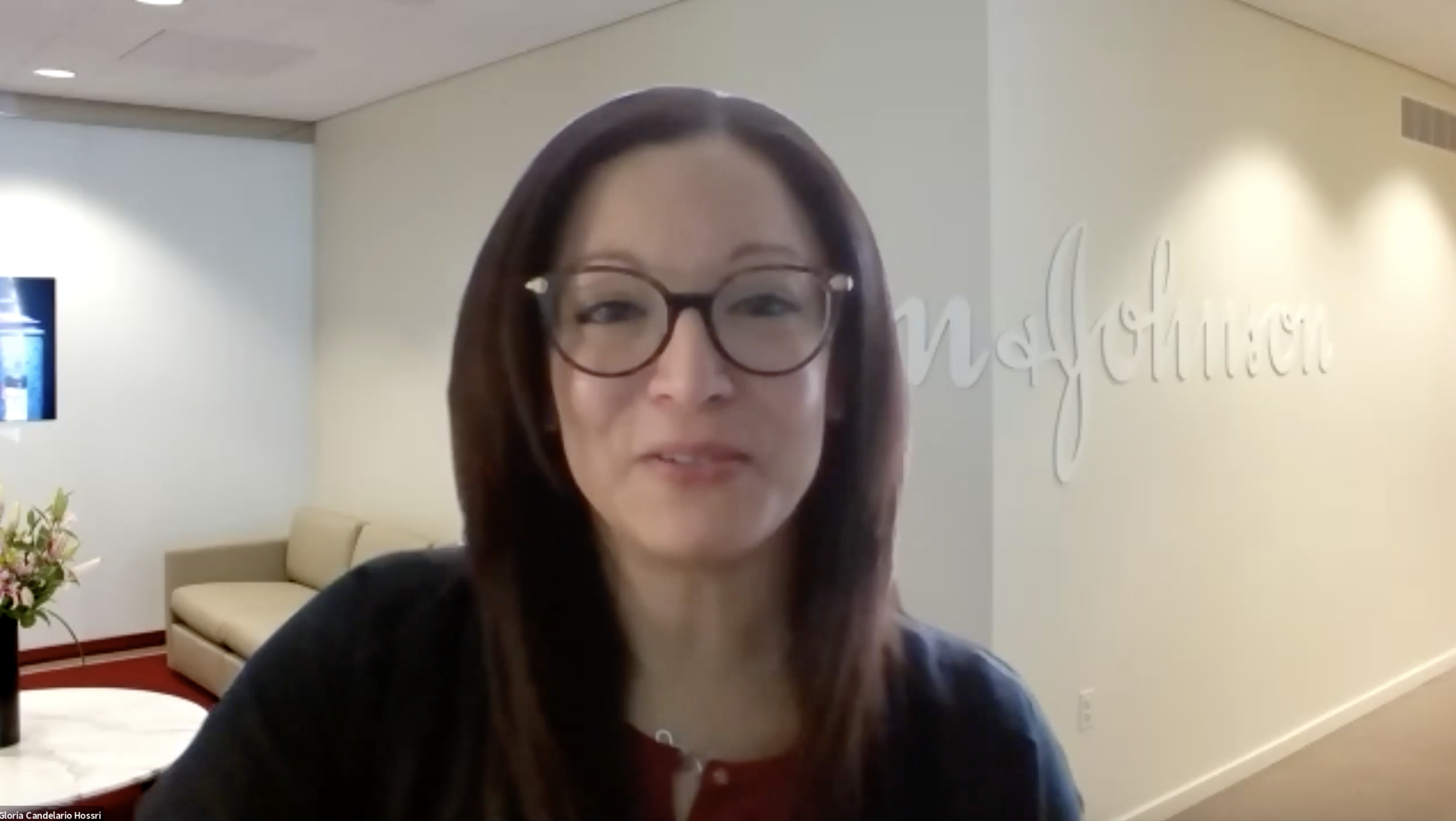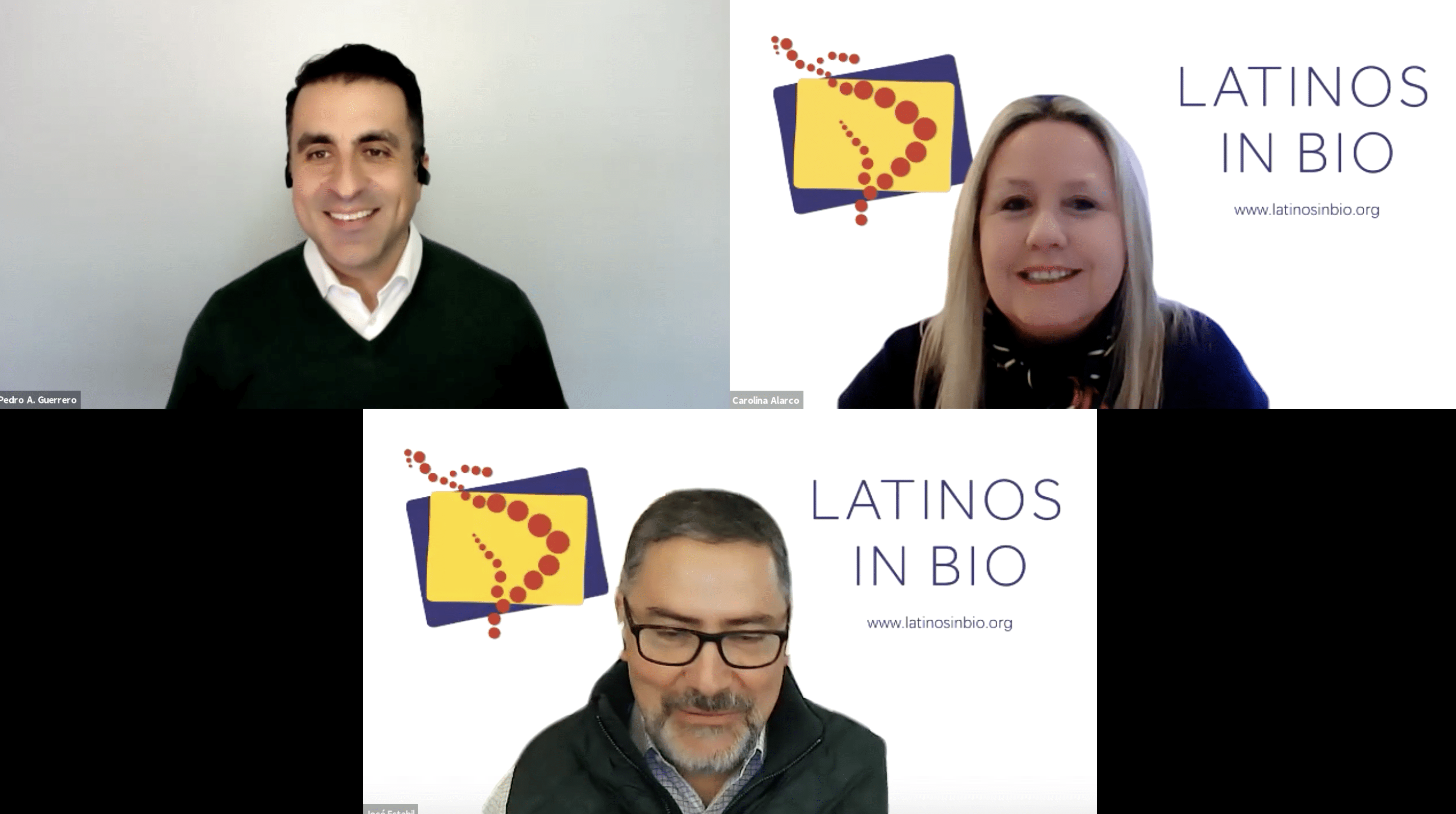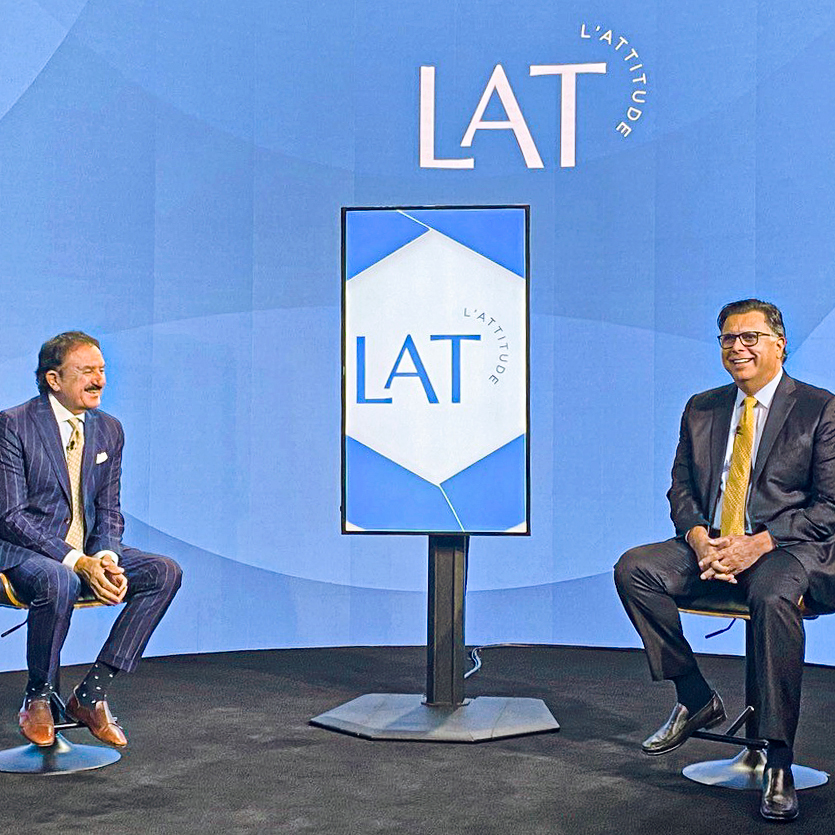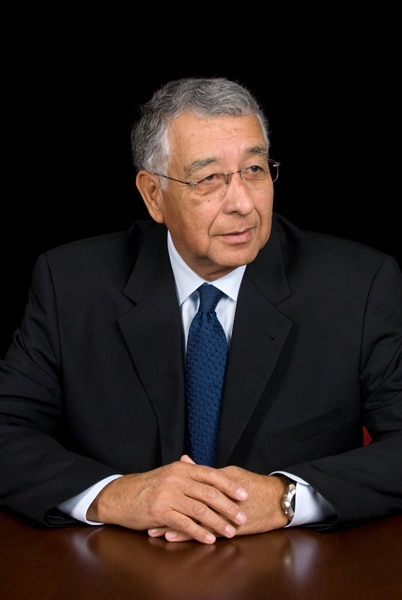|
Getting your Trinity Audio player ready...
|
Nearly four hundred executives gathered on February 18 for the first Latino ERG Digital Summit of 2021—and all of them left with plenty of food for thought.
Hispanic Executive hosted the event in partnership with the Consortium of Latino Employee Organization (CLEO). The summit’s featured speakers included the leader of Johnson & Johnson’s Latino ERG—Hispanic Organization for Leadership and Achievement (HOLA)—Gloria Candelario Hossri as well as DRR Advisors Founder Dr. Robert Rodriguez and Latinos in Bio Founders José Estabil and Carolina Alarco.
Here are the key takeaways from their discussion:

Twenty Years of HOLA
Johnson & Johnson’s HOLA ERG is celebrating its twentieth anniversary this year—and it has come a long way since its inception. Today, HOLA has more than 1,650 members that sit across thirty-three chapters and company sites; collectively, it represents more than twenty Latin American and Caribbean nationalities, Hossri said.
“I’ve had the privilege of seeing this organization grow from a small affinity group to an impactful organization that is a resource for our members, for our business, and beyond in the community,” she remarked. “Our members work together to support four strategic pillars: culture, community, business (which includes Hispanic medical strategies), and talent. And we do that in support of and driving our diversity, equality, and inclusion framework for Johnson & Johnson.”
Hossri also noted that the tumultuous events of 2020 did not slow down HOLA’s work. Members, she said, were looking for additional levels of support as well as a greater sense of community and engagement. So, HOLA took new steps, which included signing the Hispanic Promise to demonstrate its commitment to promoting Latino talent and celebrating Hispanic culture in the workplace.
“In addition, throughout the year, HOLA members, experts, and other J&J colleagues brought together mental health resources and experts to talk about important topics in mental health, not only with the intent of sharing that information with [members] but empowering them to take that information to their families and into their networks,” Hossri said.

Driving Diversity in Biotech
It is widely known that STEM fields such as biotech are not known for their diversity. When Alarco started her career in the 1990s in Massachusetts, there were very few women in the field.
Fortunately, Alarco said, she was at a company called Genzyme, which she credits with truly valuing diversity. The industry as a whole, however, has come to value diversity at a slower pace—and there is still a great deal of work to do.
“It is leadership who really fosters a sense of inclusiveness and a welcoming atmosphere to all comers,” Alarco said. “The more diverse leadership teams are, the better it is for the workplace.”
Latinos in Bio, Estabil said, is a good resource for young Latinos interested in the biotech and life sciences industries. Companies looking to recruit diverse talent are increasingly looking to the organization.
“Excellence really comes from diversity,” Estabil said. “People want us at the table. People want us in the room. As a growing demographic, we’re often the best advocates. [We can] contextualize issues and how [companies] present themselves in our communities for health.”
In order to foster this essential leadership pool, Alarco said, Latino ERGs must help reassure young, prospective Latino employees that biotech is not limited to those who studied the sciences in college. She also encouraged Latinos who are more established within the field to take the opportunity to mentor newcomers, as those individuals might be the first in their families to enter the biotech industry.
“Latino-related ERGs can play a big role, by informally introducing young Latino employees to leaders in the company who may be a good fit for them as mentors, and by formally establishing comprehensive mentorship programs within companies and ensuring that Latino employees participate as mentees,” Alarco said.
Women: Take Action
Today, Alarco wishes she had had more support from other women early on in her career. She was fortunate to have some amazing male mentors, she said, but she still wants to see more women in STEM fields supporting their younger counterparts.
“I want to make sure that the women in this forum know that it is critical for us to support younger women that are coming through the ranks,” she said. “Mentor them, sponsor them to get promoted and to get better. Provide them with real feedback.”
Fortunately, with executives such as Alarco, Hossri, Rodriguez, and Estabil leading the way, the future is looking bright.

